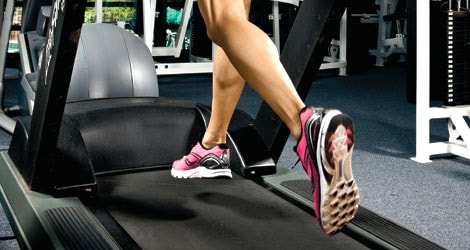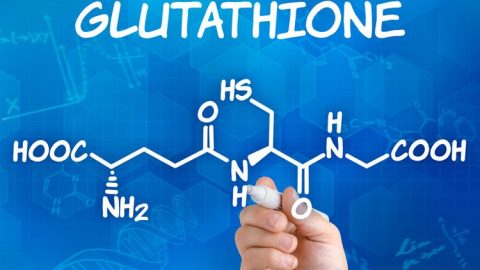While coffee is associated with a long list of potential health benefits, some of which can be found linked in the Bomb Proof Coffee section of this site, its possible impact on skeletal muscle hypertrophy has not been examined.
This study was done in mice, so it’s actual utility and cross over to humans is unclear, but the mechanisms of action – effects on AMPK, IGF1, mTORC1, and myostatin – do apply to humans. If coffee does impact those pathways in humans as it doses humans actually can consume it, then that would be an interesting finding to be sure. Is this yet another benefit of coffee consumption? More data is clearly needed, but I for one don’t need another reason to drink coffee anyway!
Coffee consumption promotes skeletal muscle hypertrophy and myoblast differentiation.
Food Funct. 2018 Feb 21;9(2):1102-1111.
Abstract
Coffee is a widely consumed beverage worldwide and is believed to help prevent the occurrence of various chronic diseases. However, the effect of coffee on skeletal muscle hypertrophy, differentiation and the mechanisms of action responsible have remained unclear.
To investigate the effect of coffee on skeletal muscle hypertrophy, mice were fed a normal diet or a normal diet supplemented with 0.3% coffee or 1% coffee. Coffee supplementation was observed to increase skeletal muscle hypertrophy, while simultaneously upregulating protein expression of total MHC, MHC2A, and MHC2B in quadricep muscle.
Myostatin expression was also attenuated, and IGF1 was upregulated with subsequent phosphorylation of Akt and mTOR, while AMPK phosphorylation was attenuated.
Coffee also increased the grip strength and PGC-1α protein expression, and decreased the expressions of TGF-β and myostatin in tricep muscle. Coffee activated the MKK3/6-p38 pathway and upregulated PGC-1α, which may play a role in promoting myogenic differentiation and myogenin expression in C2C12 cells. These results suggest that coffee increases skeletal muscle function and hypertrophy by regulating the TGF-β/myostatin – Akt – mTORC1.
Will Brink is the owner of the Brinkzone Blog. Will has over 30 years experience as a respected author, columnist and consultant, to the supplement, fitness, bodybuilding, and weight loss industry and has been extensively published. Will graduated from Harvard University with a concentration in the natural sciences, and is a consultant to major supplement, dairy, and pharmaceutical companies.
His often ground breaking articles can be found in publications such as Lets Live, Muscle Media 2000, MuscleMag International, The Life Extension Magazine, Muscle n Fitness, Inside Karate, Exercise For Men Only, Body International, Power, Oxygen, Penthouse, Women’s World and The Townsend Letter For Doctors.
He’s also been published in peer reviewed journals.
Will is the author of the popular e-books, both accompanied by private members forum access , Bodybuilding Revealed & Fat Loss Revealed.
You can also buy Will’s other books on Amazon, Apple iBook, and Barnes and Noble.







Higher consumption levels negatively affect sleep, negative for muscle grown?
If the intake amounts or timing of the coffee negatively impacts sleep, I doubt it’s a benefit to muscle growth. Sleep is essential
Building muscle should extend life. But increasing AMPK should also extend life. These two things conflict. Does anyone have any idea where the se3wwet spot is?
Unknown at this time, and know doubt some individual variation will also exist. Maybe some day there will be a test for it.
I know chlorogenic acid has many benefits. Does the study specify if they used coffee bean powder or if the coffee was actually brewed? Thanks.
Far as I can tell, brewed coffee but there’s no claims the effect is strictly due to the chlorogenic acid content either.